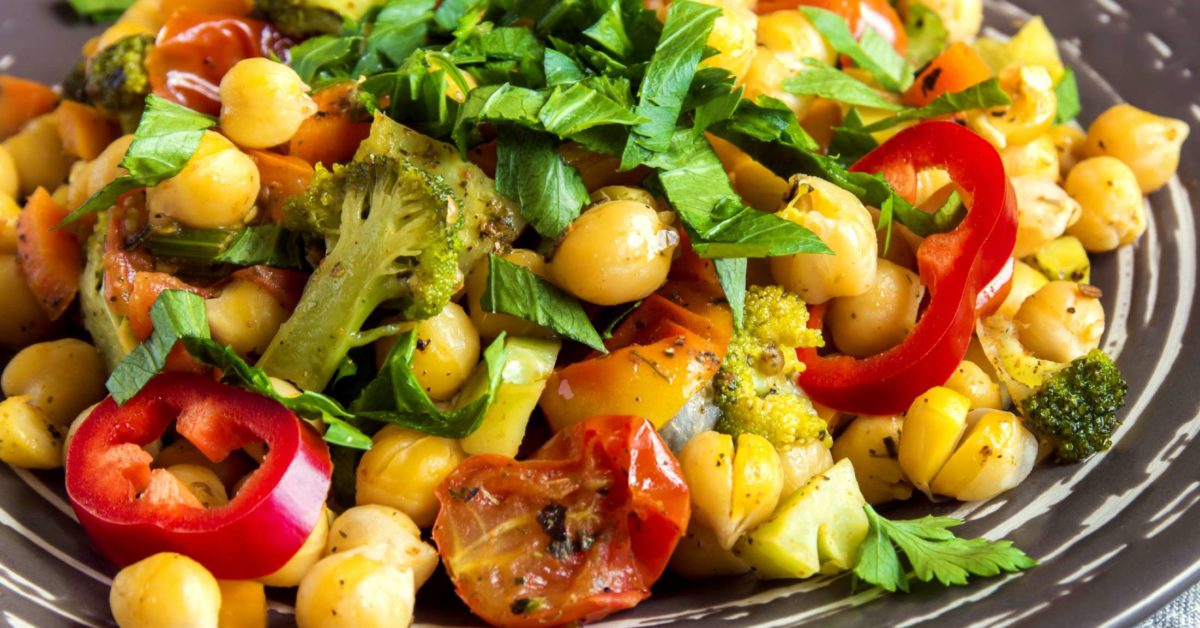A–Z of fruit and vegetables - World Cancer Research Fund

I Heart Vegetables: Easy Vegetarian & Vegan Recipes, Health - An Overview

Edible plant or part of a plant, associated with cooking Vegetables belong to plants that are taken in by humans or other animals as food. The original significance is still frequently used and is used to plants jointly to refer to all edible plant matter, including the flowers, fruits, stems, leaves, roots, and seeds.
It might leave out foods originated from some plants that are fruits, flowers, nuts, and cereal grains, but include savoury fruits such as tomatoes and courgettes, flowers such as broccoli, and seeds such as pulses. Initially, veggies were gathered from the wild by hunter-gatherers and went into cultivation in several parts of the world, most likely throughout the duration 10,000 BC to 7,000 BC, when a brand-new farming way of living developed.
How Vegetable Seeds & Plants - Tomatoes, Peppers & More - Park can Save You Time, Stress, and Money.
Nowadays, most veggies are grown all over the world as environment licenses, and crops may be cultivated in safeguarded environments in less suitable locations. China is the largest producer of veggies, and international sell farming products enables consumers to purchase veggies grown in distant nations. The scale of production differs from subsistence farmers supplying the requirements of their household for food, to agribusinesses with huge acreages of single-product crops.

vegetable - Description, Types, Farming, & Examples - Britannica
Veggies can be consumed either raw or cooked and play an essential function in human nutrition, being mostly low in fat and carbohydrates, however high in vitamins, minerals and dietary fiber. Lots of nutritional experts encourage people to take in plenty of vegetables and fruit, five or more portions a day typically being suggested.
/growing-low-maintenance-vegetables-1403182-02-3853f08f1f2947e9804723bb93c902d3.jpg)
Is fruit just as healthy as vegetables on your plate? - The Globe and Mail
The Buzz on Eat wholegrains, vegetables, fruit and beans - WCRF
It comes from Old French, and was initially applied to all plants; the word is still used in this sense in biological contexts. It stems from Middle ages Latin vegetabilis "growing, thriving" (i. e. of a plant), a semantic modification from a Late Latin implying "to be enlivening, quickening". Reference of "vegetable" as a "plant grown for food" was not developed till the 18th century.
The year 1955 saw the very first use of the shortened, slang term "veggie". As an adjective, the word vegetable is used in clinical and technical contexts with a various and much wider significance, particularly of "associated to plants" in basic, edible or notas in veggie matter, vegetable kingdom, vegetable origin, and so on
